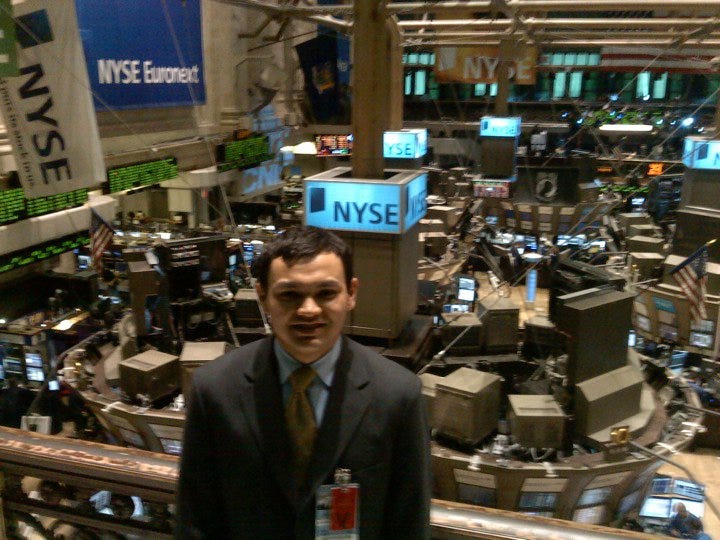High-resolution finance tools for relatively small-time investors
The thinking and motivation behind starting Parachute
Most people reading this know the adage that “S&P500 Index funds beat the average mutual fund manager net of fees.” Whether it’s Bogle or Fama or Malkiel, this was groundbreaking research for people who do not want to pay attention to their finances and trust whoever gave them financial advice. However, what does it mean for people wanting to be more involved and aggressive? What about financially secure people who want their capital to make more of an impact? The most optimistic advice is a smug, “Good luck!”
That’s been my experience! I am the person I am talking about. I never ended up working on Wall Street or at a hedge fund, but I love studying the markets and learning about new asset classes. In college, I took this to an extreme, where a family friend with a seat on the NYMEX mentored me. I read Barron’s cover-to-cover every week for over a year, Technical Analysis of Stock Trends by Edwards and Magee cover-to-cover on a summer break, and many books on trading psychology. It’s worked out well for me, and as my career advanced, I have wanted to learn about new asset classes: part of the fun of buying a home was to learn about buying real estate.
Beyond golf and skiing, managing a portion of my assets is my hobby. The problem is that the tools I need to grow (as my assets and experience grow) do not scale down to fit my requirements: I do not buy anything unless I can control how I get out of it. This control is non-existent in private companies with a few exceptions (i.e., majority owner, board control, collateralize a portfolio for a line of credit). Parachute’s first product, a downside protection insurance for private company investments, is just another exception, but it is scaled down to serve any investor managing less than $100M in assets.
When I exited my last company and sought to figure out what was next, I knew I had to answer one question to optimize for success: Could I do this next company for the rest of my life? Building sophisticated financial management tools for smaller investors to do what the biggest investors do at scale sounded like a fun career.


